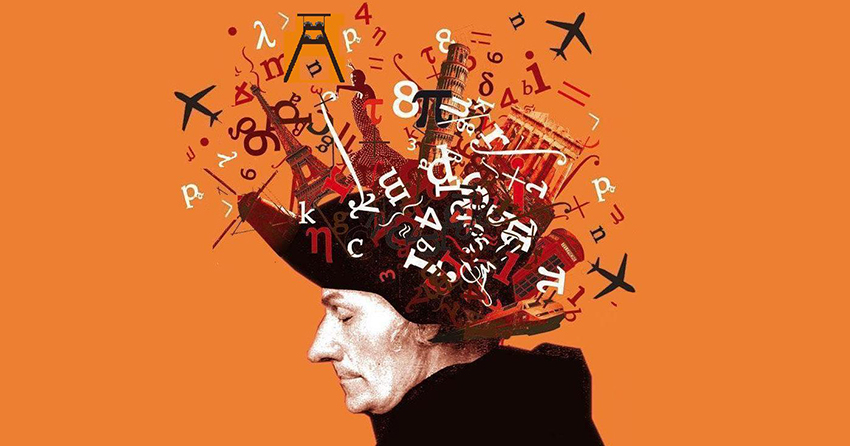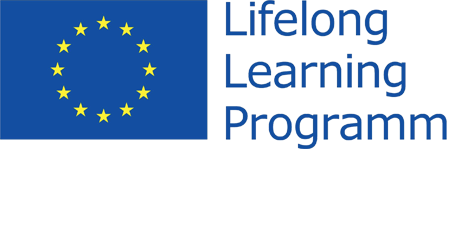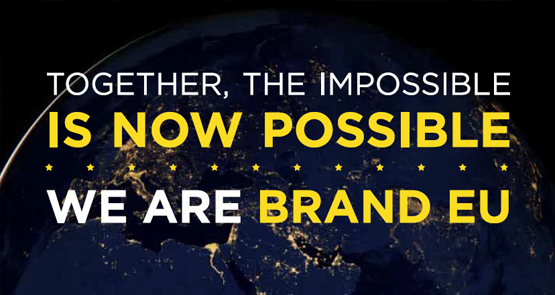Education and Jobs |
EU Education System

EU Education System

Widely differing education and training systems in Europe have traditionally made it hard for Europeans to use qualifications from one country to apply for a job or a course in another. Increased compatibility between education systems makes it easier for students and job seekers to move within Europe.
The Bologna Process is a collective effort of public authorities, universities, teachers, and students, together with stakeholder associations, employers, quality assurance agencies, international organisations, and institutions, including the European Commission. Its main focus is: the introduction of the three cycle system (bachelor/master/doctorate) easier recognition of qualifications and periods of study strengthened quality assurance

The Erasmus Programme is a European Union (EU) student exchange programme established in 1987. In the past twenty years, over two million students have benefited from Erasmus grants. There are currently more than 4,000 higher institutions participating in Erasmus across 33 countries. Most popular destinations being Spain, Germany, and France. For many European students, the Erasmus Programme is their first time living and studying in another country. Hence, it has become a cultural phenomenon and is very popular among European students, going on to become the subject of movies such as the French film L’Auberge espagnole, and the documentary Erasmus 24 7. ERASMUS MUNDUS is another programme orientated towards globalising European education and open to non-Europeans.

The Lifelong Learning Programme is the European Union programme for education and training. The Programme’s objectives are first, to support the development of quality lifelong learning and thereafter to help member states of the European Union develop their own education and training systems.
Main areas cover:
- Exchanges between individuals (ie. Erasmus student exchanges, adult education)
- Exchanges between institutions (ie. Partnerships between schools in different countries)
- Connections between countries (ie. Networks of national experts working together on common issues)



